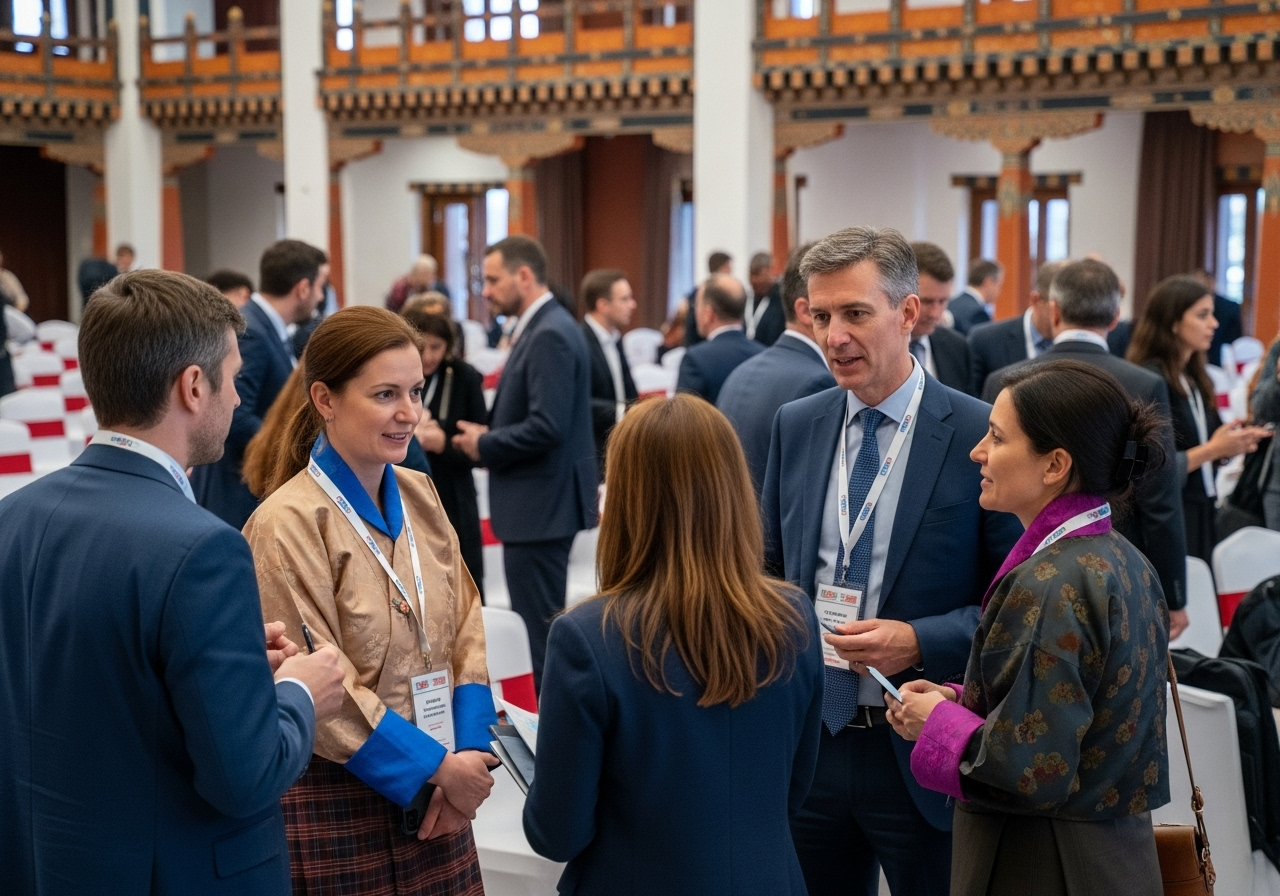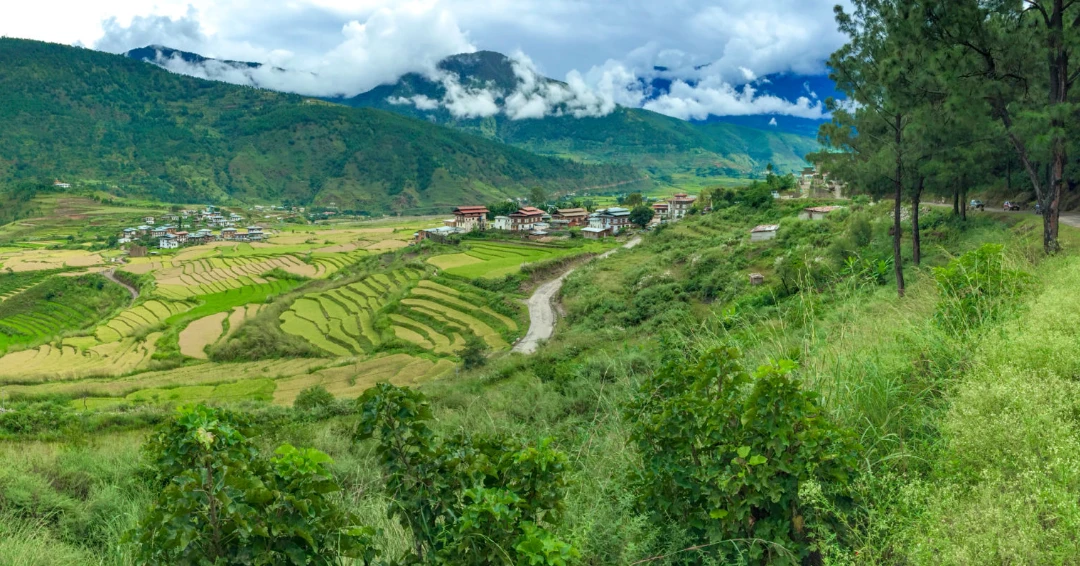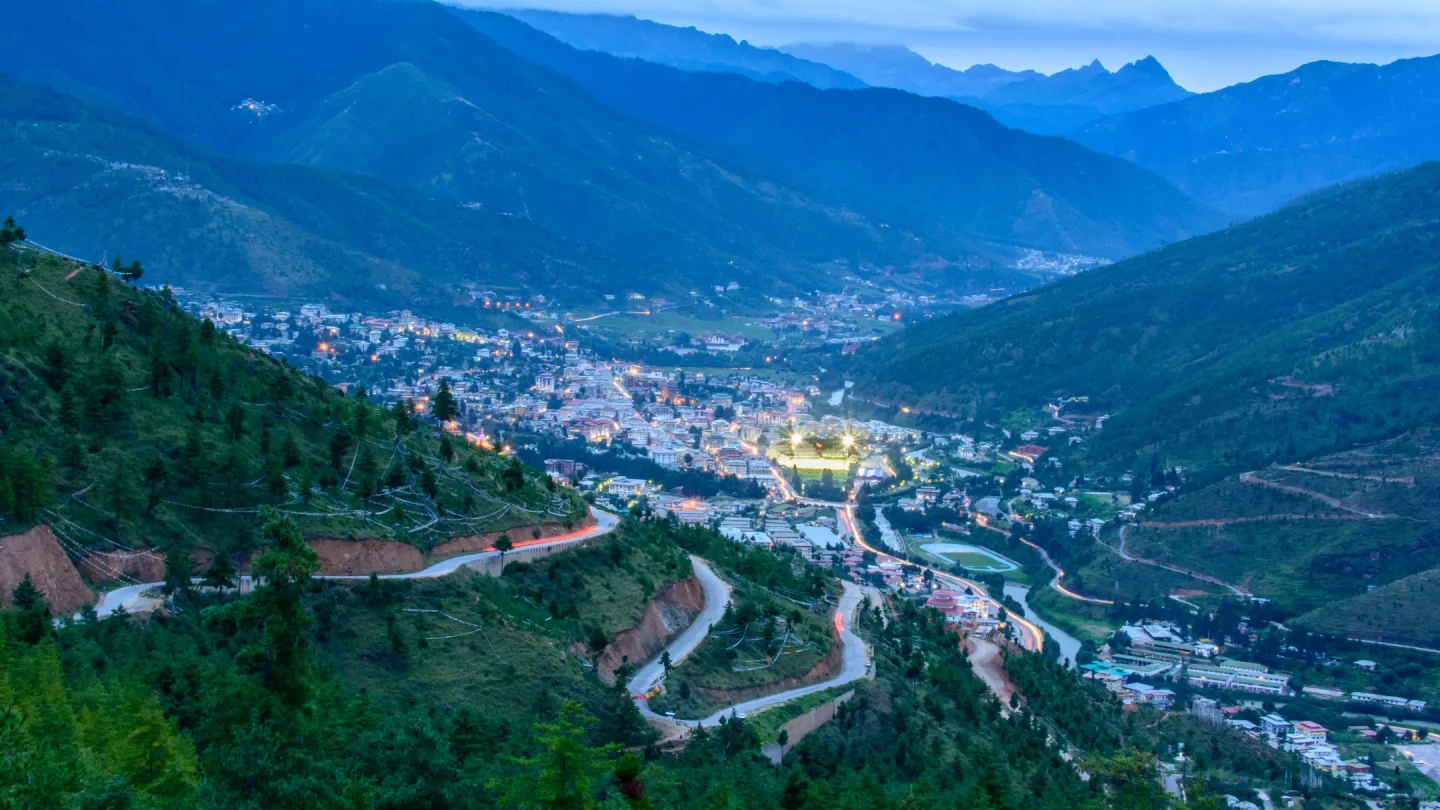In the heart of southern Bhutan, amidst lush landscapes and the whisper of ancient traditions, a groundbreaking vision is taking shape: the Gelephu Mindfulness City (GMC). This isn't just another urban development project; it's a profound statement of Bhutan's unwavering commitment to its philosophy of Gross National Happiness (GNH) in the face of modernization. While the world often grapples with the dichotomy of economic growth versus environmental and spiritual well-being, Bhutan is attempting to weave them into a harmonious tapestry, and GMC stands as its most ambitious thread.
The concept of Gelephu Mindfulness City, as gleaned from recent reports by BBS and Kuensel Online, transcends conventional urban planning. It envisions a hub where economic prosperity is inextricably linked with ecological preservation and spiritual fulfillment. The news of the Gelephu International Airport, and the government's proactive measure of providing special loan relief to affected landowners, speaks volumes about the human-centric approach underpinning this colossal undertaking. It's a rare instance where the welfare of individuals is prioritized even as the gears of progress begin to turn, a stark contrast to the often-disruptive nature of large-scale projects elsewhere in the world.
The very name, Mindfulness City, suggests a departure from the typical concrete jungles that define modern urban centers. It implies a conscious design, an intentional creation of an environment that fosters well-being, not just economic activity. The recent recruitment drives for various positions within GMC, as reported by BBS, indicate that this vision is rapidly transitioning from conceptualization to tangible implementation. This isn't a distant dream; it's a living, breathing project that is already attracting talent and resources.
A Blueprint for Sustainable Development: Integrating Economy and Ecology
At its core, GMC is an ambitious experiment in sustainable development. Bhutan has always championed environmental conservation, with over 70% of its land under forest cover and a constitutional mandate to maintain at least 60%. GMC aims to integrate this commitment into its very infrastructure, creating a city that is not only carbon-neutral but potentially carbon-negative. This holistic approach, where economic growth is intertwined with ecological responsibility, offers a compelling alternative to the unsustainable development models prevalent globally.
The economic rationale behind GMC is equally compelling. It aims to attract foreign investment, foster innovation, and create employment opportunities for Bhutanese citizens. By focusing on high-value industries that align with its GNH principles, such as sustainable tourism, organic agriculture, and knowledge-based services, Bhutan seeks to build a resilient and diversified economy. The success of this project could serve as a powerful testament to the idea that economic prosperity and environmental stewardship are not mutually exclusive but rather mutually reinforcing.
Challenges and the Path Forward: A Mindful Journey
Of course, a project of this magnitude is not without its challenges. The sheer scale of the undertaking, the need for skilled labor, and the complexities of attracting and managing foreign investment are significant hurdles. However, Bhutan has a history of overcoming challenges with resilience and a clear vision. The ongoing discussions and proposed changes to the Penal Code, as reported by Kuensel, and the National Council's scrutiny of corporate governance, as highlighted by BBS, demonstrate a proactive government that is constantly refining its legal and regulatory frameworks to support its development goals.
The Gelephu Mindfulness City is more than just a city; it's a symbol of Bhutan's audacious vision for the future. It represents a conscious choice to build a society that prioritizes well-being over mere material wealth, a society that seeks to live in harmony with nature and its spiritual heritage. As the world grapples with climate change, social inequality, and the relentless pursuit of economic growth, Bhutan offers a beacon of hope, a living laboratory where a different path to progress is being forged. The success of GMC will not only benefit Bhutan but could also provide a much-needed blueprint for a more sustainable and mindful future for humanity.













